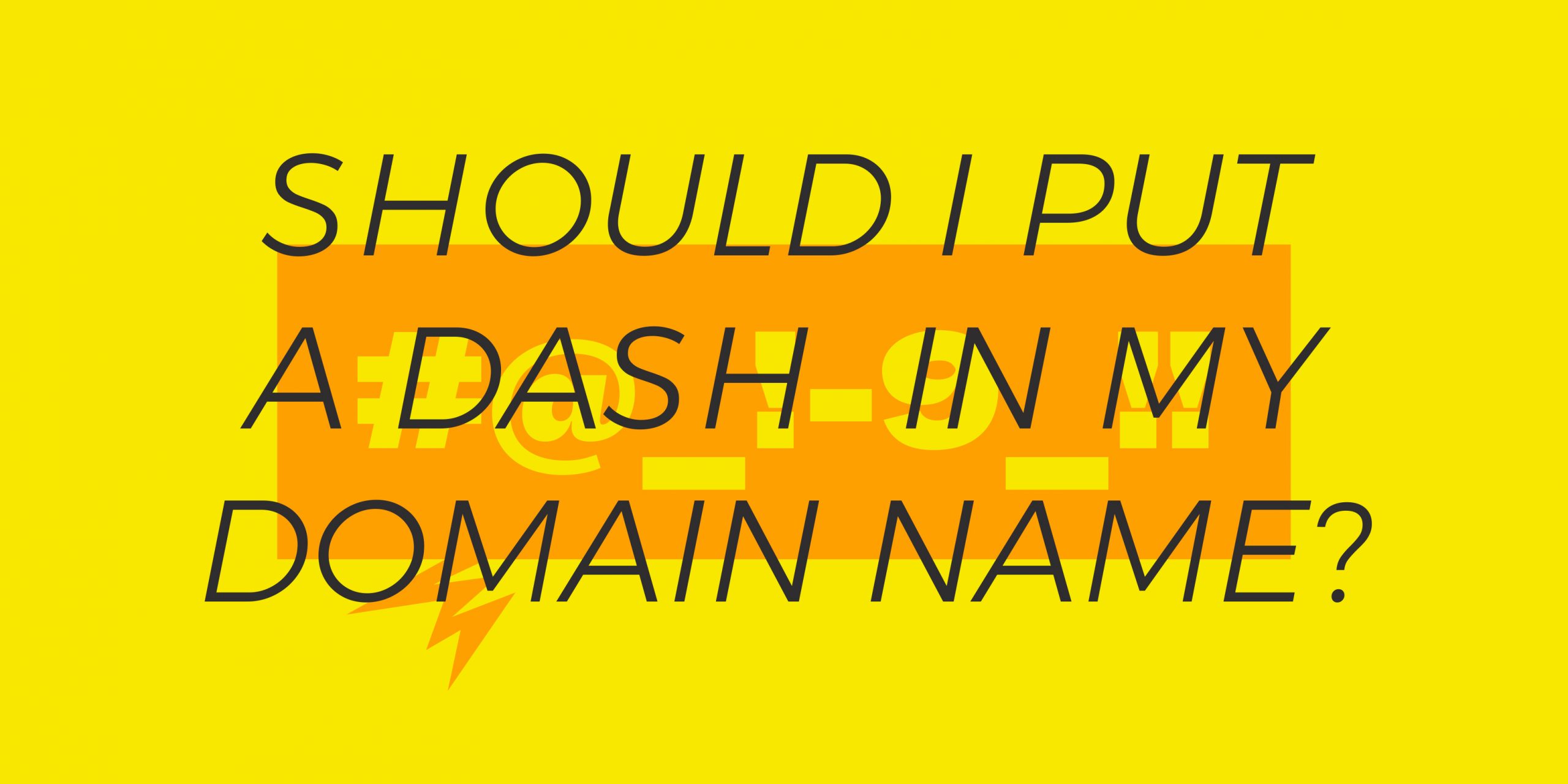Researchers have reported a 667% increase in phishing attacks as a result of the coronavirus crisis.
As with all aspects of the current crisis, the safest course of action is to remain calm but alert. And of course, to stay informed.
In that spirit, here’s a look at some tips that Gandi’s experts share with you so you don’t get fooled.
Coronavirus scams to look out for
Most of the online scams taking advantage of the current coronavirus crisis are some form of phishing or come in the form of phishing. Phishing is when someone tricks you into giving them your personal information, such as email address, password, credit card number, or social security number, by impersonating a trusted company or institution.
1. Fake alerts from authorities
Scammers have been sending emails posing as public health authorities claiming to have general information about the pandemic, and asking victims directly for social security numbers and tax IDs, or inviting to follow links about tracking an outbreak in the victims area, and / or providing a link to download a document.
Scams pretending to help getting tax relief or fiancial aids promised by governments via direct cash payments or small business loans have also proliferated.
Remember that even government emails can be spoofed.
Don’t click links, don’t download files, and especially don’t provide your personal information to an unknown website or unsolicited email, no matter how legitimate it seems.
2. Homeoffice Fraud
One of the tactics frequently used consists of counterfeiting an email from your boss asking you to send them a sensitive document to which they would normally have easy access at the office.
Another tactic that’s come up is pretending to be from the IT department and needing your username/password in order to setup some new work-from-home infrastructure.
Scammers might also send you an email about a purported new company policy around sick leave or a company’s contingency plan, which will be added as an attachment that contains malware.
You may not be able to go to your boss’s office or walk down the hall to HR, but you can still give them a call or ping them on your company’s group chat in order to verify the authenticity of the message.
3. Fake online deals
Another common scam giving a new spin in the time of coronavirus is fake online stores. With cleaning supplies, N95 protection masks, and toilet paper out of stock or in low supply at local stores, many people are turning to buying these online. That creates an opportunity for scammers to set up fake stores pretending to sell these items online.
Search online for the store name or seller with key words like “complaint,” “review,” or “scam.” Chances are you’re not the first person trying to buy from this particular online store.
4. Fake apps
Scammers are also circulating fake apps that claim to help to “track” local outbreaks and that might even use real data from trusted sources like government sources.
Meanwhile, when you install these apps, they quietly install malware on your device that track you and skim your passwords, credit card information, other personal data, or otherwise compromise your device.
It’s easy enough to avoid—don’t rush to any decisions when installing new apps. Stick with trusted vendors and check the online reviews.
What Gandi is doing
By making a reporting form available, we allow the general public a quick and efficient way to report any and all abuse of our services, whether or not it falls under the categories above at https://help.gandi.net/en/abuse
The above mentioned scams are all against our General Terms and Conditions of Service, and anyone who finds domain names or hosting services purchased from Gandi that perpetrate these scams can report them to us via the form at the link above.
Remember: to stay safe, remain calm and vigilant when opening strange emails, making online purchases, or installing new apps.
Tagged in spoofing



